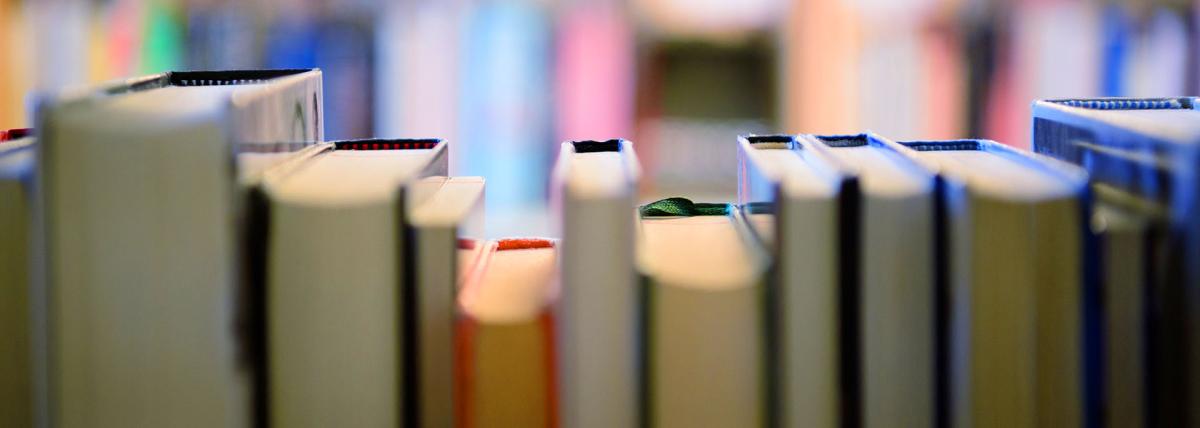This is a lesson on measurement and problem solving! The king needs to find a birthday present for the queen, but what do you get for someone who has everything? He decides to build her a bed (before
Mad For Magnets is a lesson plan for K-4th grades. Scholars will learn about magnets, how they attract and repel, north and south poles to apply to the assigned challenge. Scholars will design and
From this lesson, students will discover how friction affects how things move. This is an excellent activity that will allow students to be creative and build a marble run to show friction. This
Go through different STEM, reading, and writing activities with Roz and her friends in The Wild Robot. Students will problem solve, participate in discussions, and learn about artificial intelligence
Students will learn about forces and motion by building a straw rocket. They will measure how far their rocket flies and then build a second rocket to see if they can make it go farther.
Students will use science and engineering practices to design and build a parachute out of everyday items. The parachute must be able to carry a metal washer to a specific target on the ground while
This lesson plan will allow students to explore the use of a PhET simulation in creating a series and parallel circuit, then apply this knowledge in creating a real circuit. Students will also learn
Design a helicopter out of paper only. Students will explore design and paper types.
Students will create a geometric net to estimate how many cheerios will fit in the cube. They will use volume to create a real sized cereal box that they can fit 100 cheerios into without having lots
Students will be asked to design and build a playground using the given materials construction paper, toilet paper/paper towel rolls, jumbo/regular popsicle sticks, and glue/tape. They will learn
As part of a unit on renewable energy, students build and collect data on a solar powered fan. They learn about agrivoltaics and build a model of a racking system. They explore angles and energy use.
For this lesson, students will use the engineering design process for the tiny house design challenge, which will include a design board, floor plan, scale conversion sheet and a tiny house prototype
Student Objectives: Your challenge is to thoroughly research real-world oil spills and what has worked to help clean them up in the past, then engineer your own prototype boom to clean up a simulated
Students will build the strongest boat they can using only aluminum foil. They will learn about engineering design, water displacement, the effects of gravity, decimal multiplication, and geometry.
Students program and present Lego Robot to be able to effectively use different data types such as time (seconds), speed, and degrees of rotation. Program and synchronize motor movements of a
This lesson plan will give you an idea on how to deliver the Area of Rectangles topic to your classes which will make your students enjoy and interact during the discussion. This will require some
An integrated fourth grade math and geography lesson. This lesson is aligned to the ADE/NGSS Cross Cutting Concept of Scale, Proportion, and Quantity. The fourth grade social studies/geography
After learning about Ancient Egypt, students will be able to put their knowledge and skills to use with the Egyptian Pyramid Prototype. Each group will be challenged to build a 4-sided pyramid that
This is the second lesson in a series of 2. In this lesson, students will learn about what watersheds are and then take a tour of the school campus looking at it through the lens of being a watershed
Students utilize the Engineering Design Process to create a sailboat! Students must design and build a sailboat that will get them from one end of the channel where they are stranded to the other. It
In this creative lesson, students will design and build a Rube Goldberg Energy Transfer Project. They will work within a group over 1-2 weeks and create a presentation to demonstrate the energy
After learning about solar, students will create a solar-powered device that can be used by the community. Students work in groups to engineer a device and present the final product to the class.
This lesson has students build a half adder, a fundamental building block for digital computers. This is a hands-on lesson that includes resources.
This is a four-part lesson that will guide students in groups to create a trackless dark ride. A dark ride is a ride where engineers utilize characters, scenes, and music to tell a story to the rider
Featured Lesson Plans
Check out these notable lesson plans.

Makey Makey Storyboards

Sphero Rocket Payload Mission

